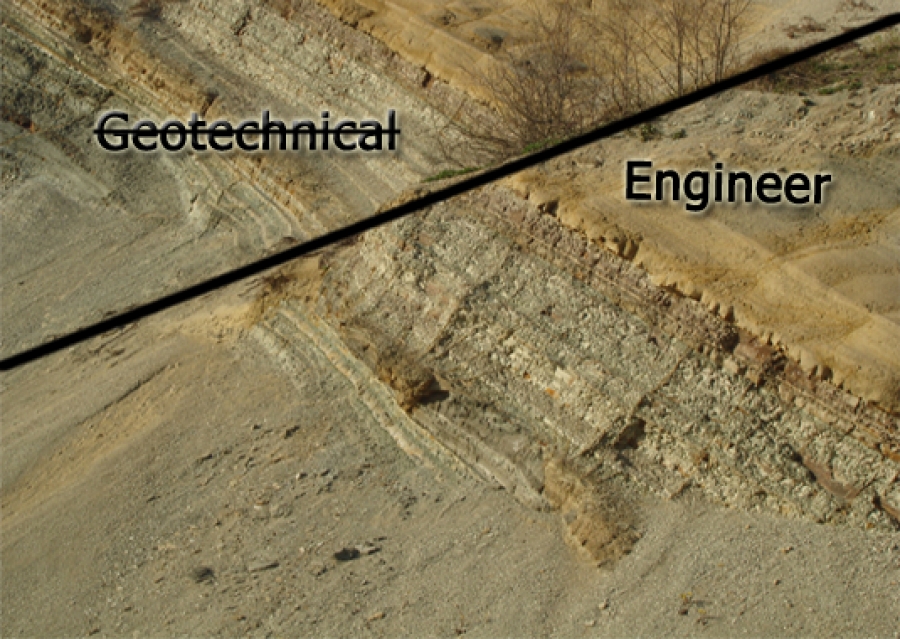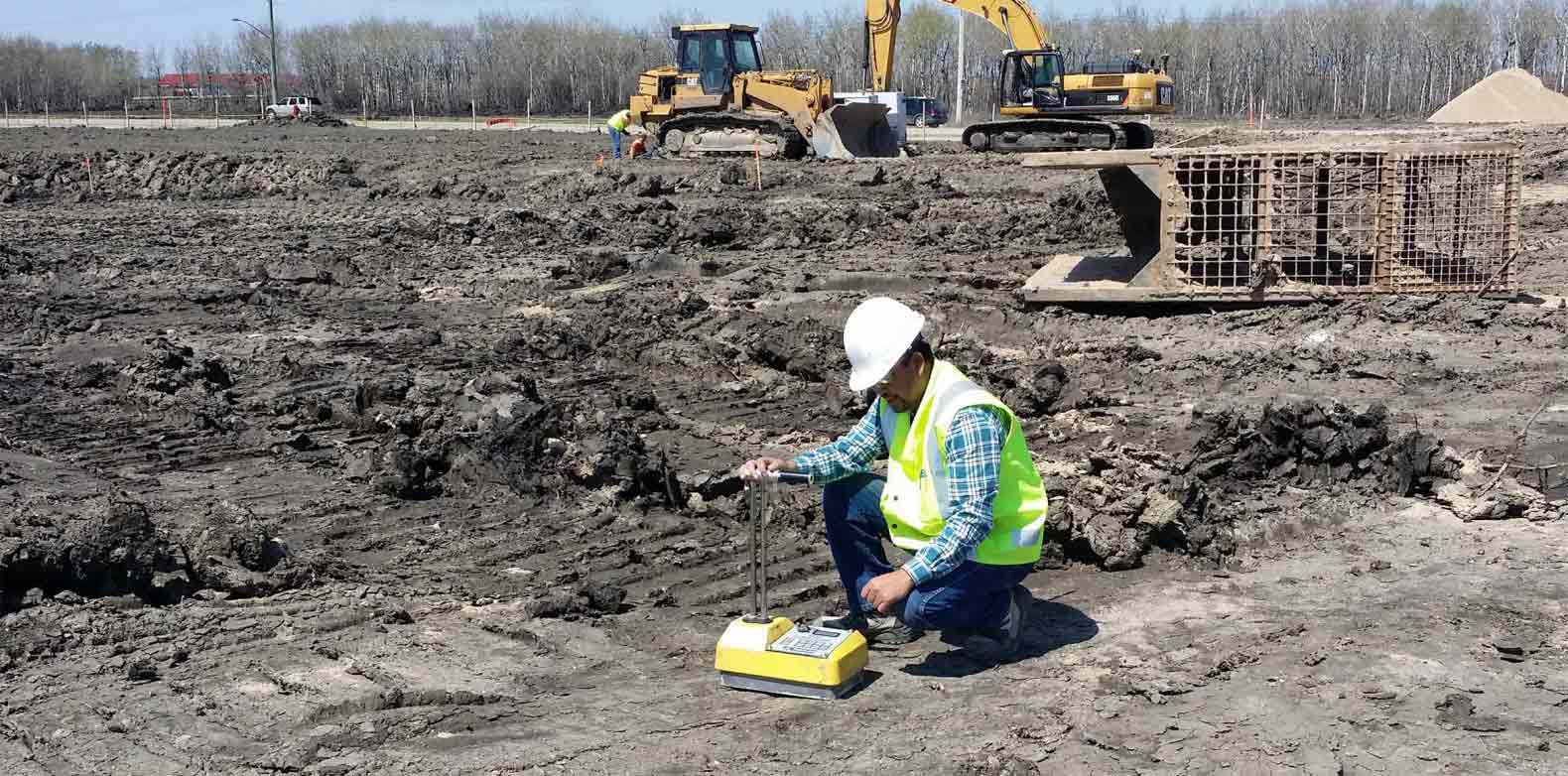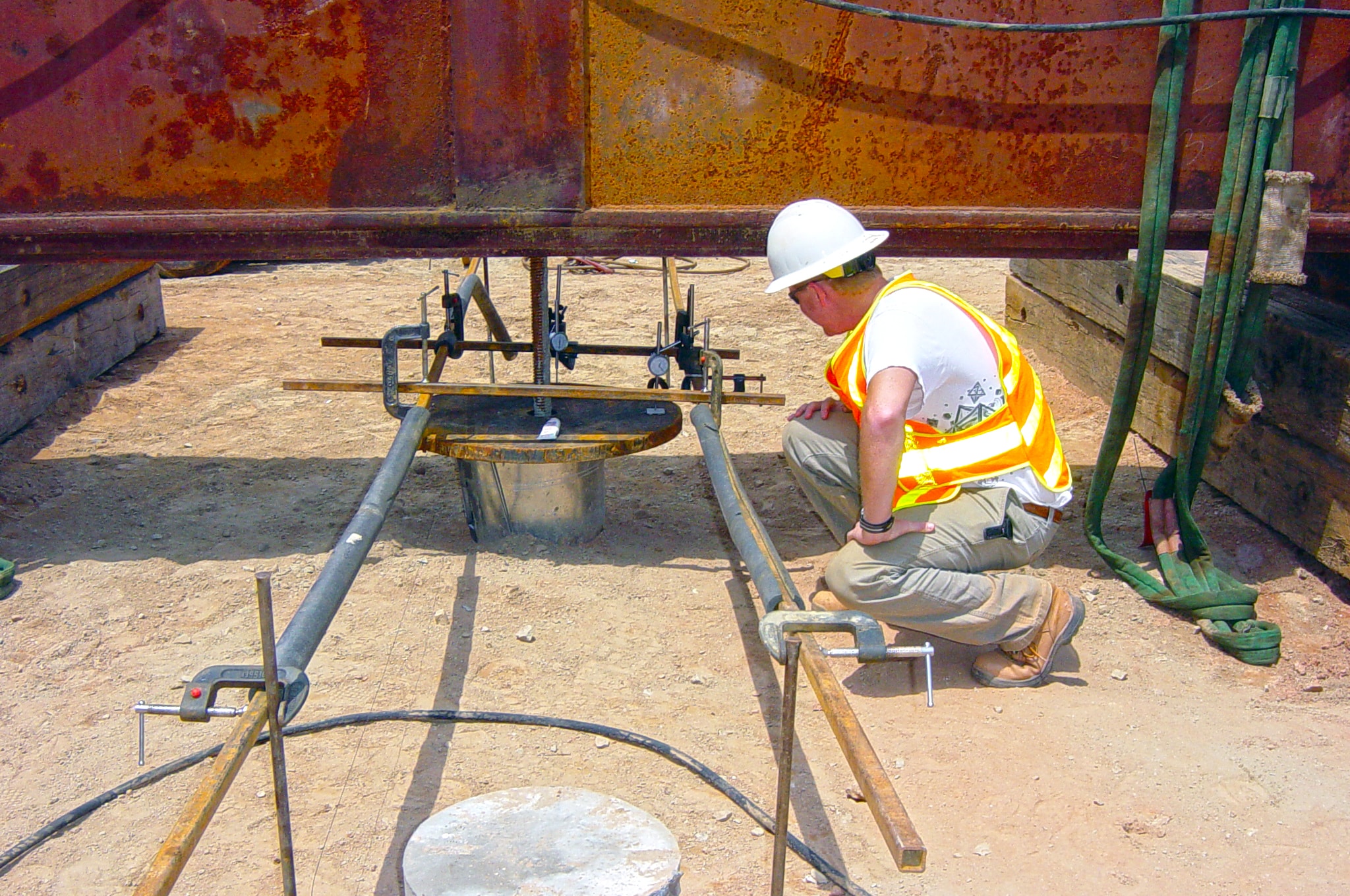Top Consulting Engineers Johannesburg: Offering Specialist Solutions for Infrastructure Advancement
Top Consulting Engineers Johannesburg: Offering Specialist Solutions for Infrastructure Advancement
Blog Article
An Extensive Review of the Key Services Offered by Consulting Civil Design Professionals in Modern Building
Consulting civil design specialists are essential to the success of modern-day construction tasks, supplying a multifaceted suite of services that resolve different difficulties. From performing comprehensive website assessments and usefulness studies to making certain compliance with rigorous regulatory structures, these specialists prepared for secure and lasting development. Their knowledge includes structural design and job monitoring, which are critical for accomplishing affordable and timely results. As the complexity of construction jobs remains to evolve, comprehending the complete spectrum of solutions they give becomes progressively important for stakeholders. What effects does this have for the future of construction practices?
Site Evaluation and Usefulness Researches
When starting any kind of construction task, understanding the site's features is vital, as it straight impacts the feasibility and design of the development. Website evaluation and expediency researches are important elements of the pre-construction phase, making it possible for stakeholders to make educated decisions. These studies entail a thorough analysis of the physical, ecological, and governing aspects of the website.

Usefulness researches prolong beyond the physical attributes, including economic and social considerations. This includes cost quotes, potential roi, and neighborhood effect analyses. By integrating these elements, civil design specialists can supply an all natural view of the site's stability for the designated advancement. Inevitably, complete site analyses and expediency studies lay the foundation for successful job execution, optimizing and reducing risks source allowance.
Architectural Design and Evaluation
Complying with a detailed site evaluation and usefulness research, the next critical stage in the building procedure is architectural style and analysis. This necessary solution involves the advancement of structural systems that make certain the security, sturdiness, and financial stability of a job. Consulting civil engineers utilize innovative techniques and software application to examine tons, stress and anxieties, and material residential or commercial properties, making sure that layouts abide by relevant codes and standards.
Architectural design includes various elements, consisting of beam of lights, columns, structures, and load-bearing walls. By using principles of mechanics and product scientific research, designers develop frameworks that can hold up against ecological forces such as wind, seismic activity, and snow loads. The evaluation phase involves precise calculations to predict the habits of these frameworks under numerous problems, guaranteeing they can perform as intended throughout their life expectancy.
Furthermore, seeking advice from engineers team up carefully with designers and other stakeholders to incorporate structural components visually and functionally. The deliverables usually consist of comprehensive illustrations, specs, and thorough reports that promote the building procedure. Ultimately, effective structural layout and analysis are pivotal in reducing dangers, optimizing sources, and achieving successful task outcomes in modern-day building.
Job Management and Control
Efficient job monitoring and coordination are important elements of effective civil design solutions, ensuring that construction jobs are supplied in a timely manner, within budget plan, and to the required high quality standards. Consulting civil designers play an essential role in coordinating numerous project aspects, from preliminary preparation through to forecast conclusion. This includes not just the technical aspects of style and construction however additionally the tactical management of stakeholders, timelines, and resources.

Furthermore, civil design professionals stress the value of paperwork and reporting throughout the project lifecycle - geotechnical engineering in south africa. By keeping precise records, they make certain openness and responsibility, which promotes count on among all parties included. Eventually, proficient project management and coordination cause improved job end results, straightening with customer assumptions and adding to the general success of the building and construction venture
Regulatory Compliance and Permitting
Successful project monitoring lays the groundwork for attending to governing compliance and permitting requirements in civil design jobs. Ensuring adherence to neighborhood, state, and government laws is crucial for the successful implementation and conclusion of any kind of construction undertaking. Consulting civil engineering specialists play a crucial function in navigating the complicated landscape of governing frameworks and allowing procedures.
These professionals are fluent in zoning laws, constructing codes, ecological laws, and security criteria that regulate construction methods. They perform thorough evaluations to determine all appropriate guidelines, ensuring that jobs abide with essential lawful requirements. By collaborating with governmental agencies and stakeholders, consulting engineers assist in the allowing process, enhancing authorizations and minimizing delays.
Moreover, they prepare and submit the requisite paperwork, such as site plans, environmental effect analyses, and engineering records. This proactive method not just fosters conformity yet likewise enhances task usefulness and sustainability. Ultimately, reliable governing conformity and permitting are necessary parts of an effective civil engineering task, protecting both the atmosphere and public welfare while adding to the general honesty and success of building campaigns.
Lasting Design Practices
Sustainable layout practices are significantly recognized as crucial components in civil engineering, with a concentrate on decreasing environmental impact while making the most of resource effectiveness. These methods include an array of strategies targeted at advertising ecological balance and minimizing the carbon impact of building tasks.
One trick aspect of sustainable design is the assimilation of renewable resource sources, such as solar and wind, linked here into building layouts. This not just lowers dependence on fossil fuels but also improves long-lasting expense savings. Additionally, using sustainable products, consisting of swiftly eco-friendly or recycled sources, plays Discover More a substantial role in minimizing waste and saving natural deposits.
Water monitoring approaches, such as rain harvesting and effective irrigation systems, are also critical in lasting style. These methods help in reducing water intake and securing regional water environments. Moreover, ecologically sensitive site preparation makes sure very little interruption to the natural landscape and advertises biodiversity.
Consulting civil design professionals are important in executing these sustainable layout techniques. Their proficiency enables the implementation of innovative remedies that line up with both regulatory demands and client goals, inevitably adding to a more lasting built atmosphere.
Verdict
In summary, seeking advice from civil engineering specialists supply necessary services that underpin the success of contemporary construction jobs. Through thorough site analyses, ingenious architectural style, effective project monitoring, adherence to governing standards, and the implementation of sustainable techniques, these specialists add to the production of secure, efficient, and eco responsible advancements. The combination of these crucial services not only improves task outcomes however likewise advertises a useful reference sustainable future in the building sector.
Reliable job management and sychronisation are essential parts of successful civil design solutions, making sure that building and construction projects are supplied on time, within budget, and to the needed high quality criteria. Consulting civil designers play a critical role in managing different job elements, from initial preparation via to forecast completion. Inevitably, competent job administration and coordination lead to enhanced task outcomes, straightening with customer expectations and contributing to the total success of the building and construction endeavor.

Report this page